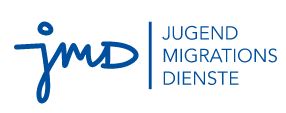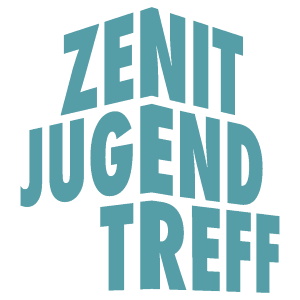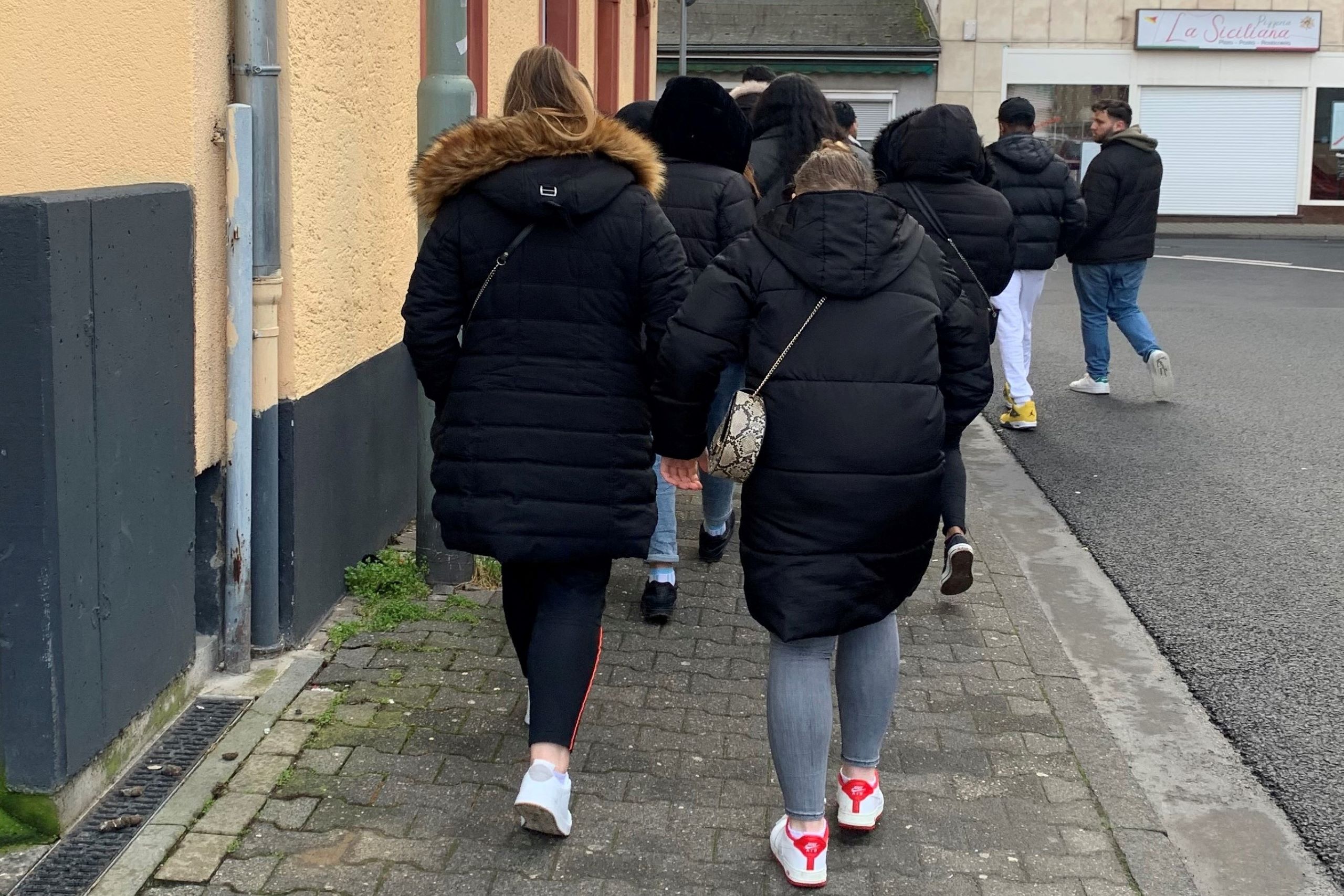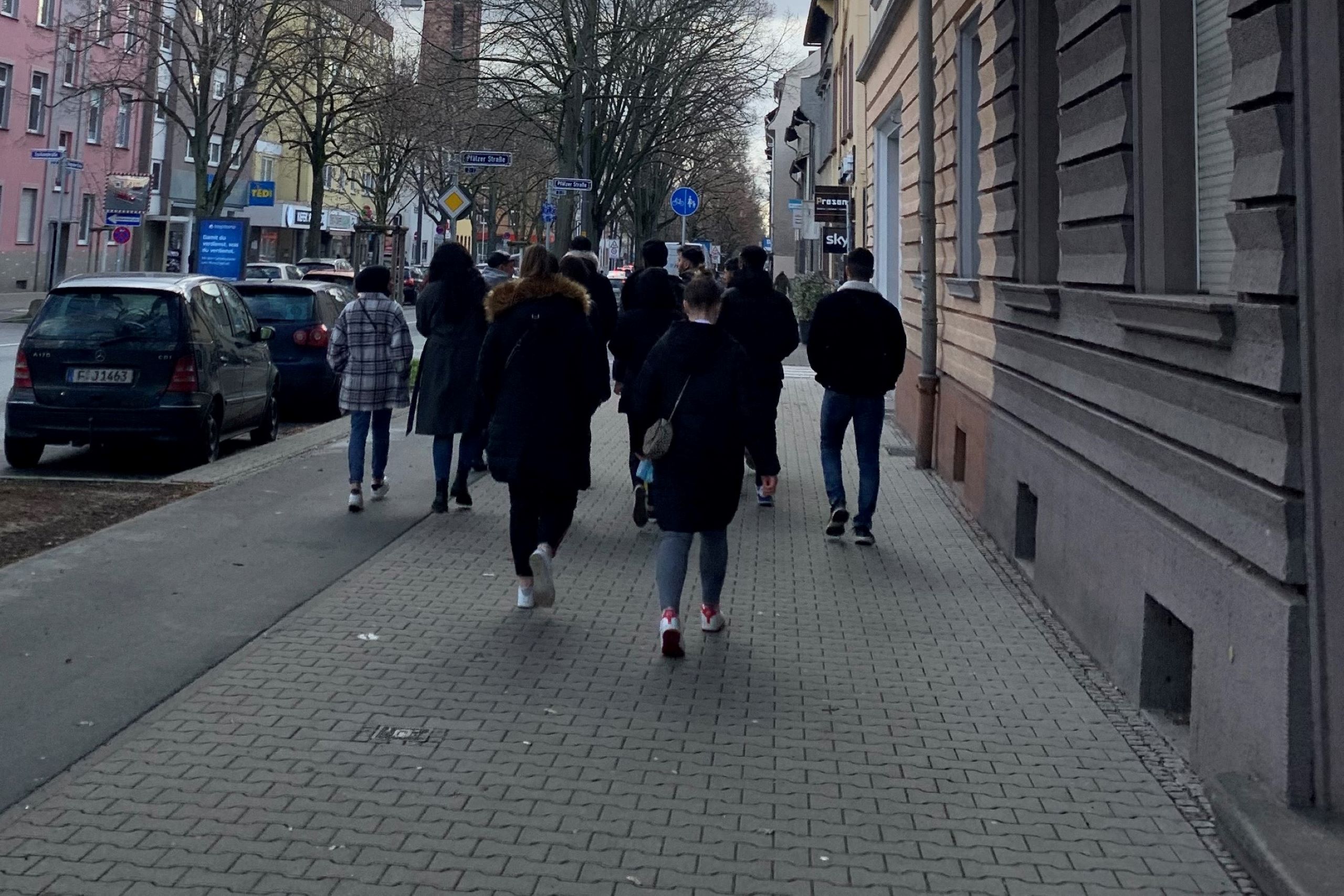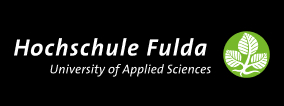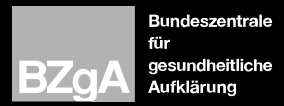Nebolus Frankfurt am Main
The Nebolus scavenger hunt in Frankfurt am Main
From 08. from 12 February 2022, two classes from a vocational school in Frankfurt am Main organized a Nebolus scavenger hunt and carried it out in the same week. Thirty-two pupils from tenth and twelfth grade took part in the scavenger hunt.
What is special about the implementation of Nebolus in Frankfurt is that the pupils were activeley involved in almost all the planning processes of the scvanger hunt and created, organized and completed the scavenger hunt together with two teachers. During the scavenger hunt, participants visited five stations in one district, where they were able to explore local services on mental health promotion and prevention.
HEALTH TOPIC
Mental health
SETTING
School
RALLY ORGANIZATION
Ludwig-Erhard-School Frankfurt am Main
RESPONSIBLE
Natalie Karzos
Juliane Franz
TIME PERIOD
February 2022
CONTACT
natalie.karzos@schule.hessen.de
juliane.franz@schule.hessen.de
The story
Which local services took part?
Five health promotion and prevention services took part in the Nebolus scavenger hunt in Frankfurt am Main. The local services were selected from a pool of 25 local stakeholders, primarily on the basis of their local proximity to the school. On the day of the scavenger hunt, employees from the local services presented the range of support options to the participants and provided them with flyers, brochures and small gimmicks. The following local services paticipated in the scavenger hunt: pro familia Frankfurt-Höchst, the Sozialrathaus in Höchst (an institution of the City of Frankfurt am Main), the local youth migration service (educational and counseling service of the AWO for young people with a migration background), the Protestant Center for Counseling and the Zenit youth club.
How did the preparations go?
The majority of the scavenger hunt was planned during a school project week in which the pupils were divided into working groups with different responsibilities. Before the project week, however, the story was adapted by the class teachers responsible, as this would have exceeded the time frame of the project week. It was also decided in advance which of the 25 local services would actually take part in the scavenger hunt. When the project was announced by the teachers in the classes, the pupils were very enthusiastic.
The project week for planning the scavenger hunt was all about the division of labor. While two pupils worked with a teacher to record the story as voice messages, others took pictures of the stations at the same time to upload them to the app. The remaining pupils were divided into the five stations and had the task of creating a quiz for their station using the kahoot! platform. To do this, the groups researched information about their respective local service and used it to create questions for their classmates. If all the questions were answered correctly, the solution word was the location where the QR code was to be found. The respective links to the kahoot! platform have been integrated into the station view of the Nebolus app for this purpose. Two of the school’s computer rooms were used to create the quizzes and the associated information search.
All the content was then entered by a teacher, who described it as “the most straightforward part” of the prepatory work. Before the project week, the teacher received a half-hour briefing from the Nebolus team on how to use the planning tool.
How did the implementation go?
Both school classes (consisting of 10 and 22 pupils respectively) went through the rally separately in class together with the supervising teacher. This meant that the group sizes for the implementation of the scavenger hunt were relatively large. The implementation in the entire class group was perceived as problematic in retrospect. At the respective stations, the employees of the local services were well prepared for the scavenger hunt and were able to convey the organisation and its services to the pupils very well. In addition to useful information in direct exchange, flyers and small gimmicks were also distributed. At the scavenger hunt in Frankfurt am Main, the local services were less involved in the planning, as the focus was on the co-creation with the pupils. The scavenger hunt was completed by both school classes in around three school hours. The pupls were responsible for navigating the app and the citiy district. The topic of mental health, which was addressed in the story, was not integrated into the curriculum as a school subject. However, the commitment of all pupils in planning and carrying out the scavenger hunt was taken into account as a grade for their participation in the school subject German.
What was the feedback like?
- In retrospect, one teacher felt that implementation in the classroom was problematic, as the group size resulted in a certain amount of inertia. The implementation in small groups was considered more sensible.
- According to one teacher, some pupils seemed disinterested at times during the scavenger hunt, but after the implementation the majority said that Nebolus had been “really good fun”.
- The participatory approach was considered valuable in terms of promoting the pupil-teacher relationship. The division of labor was also useful for managing the planning effort during the project week. However, when dividing up the planning work, it is also important to ensure that the group size is suitable so that the individual groups are not over- or under-challenged.
- Despite adapting and shortening the existing story script, the voice messages were still perceived as too long to maintain a high level of attention from the pupils in the long term.
- The support from the Nebolus team was perceived as very good and valuable. Among other things, the introduction to the planning tool was very useful, even though it is largely self-explanatory.
- Finally, it was emphasized once again that personal experience is the best teacher: “You simply have to have done something like this yourself to know how to plan it [kann].”

